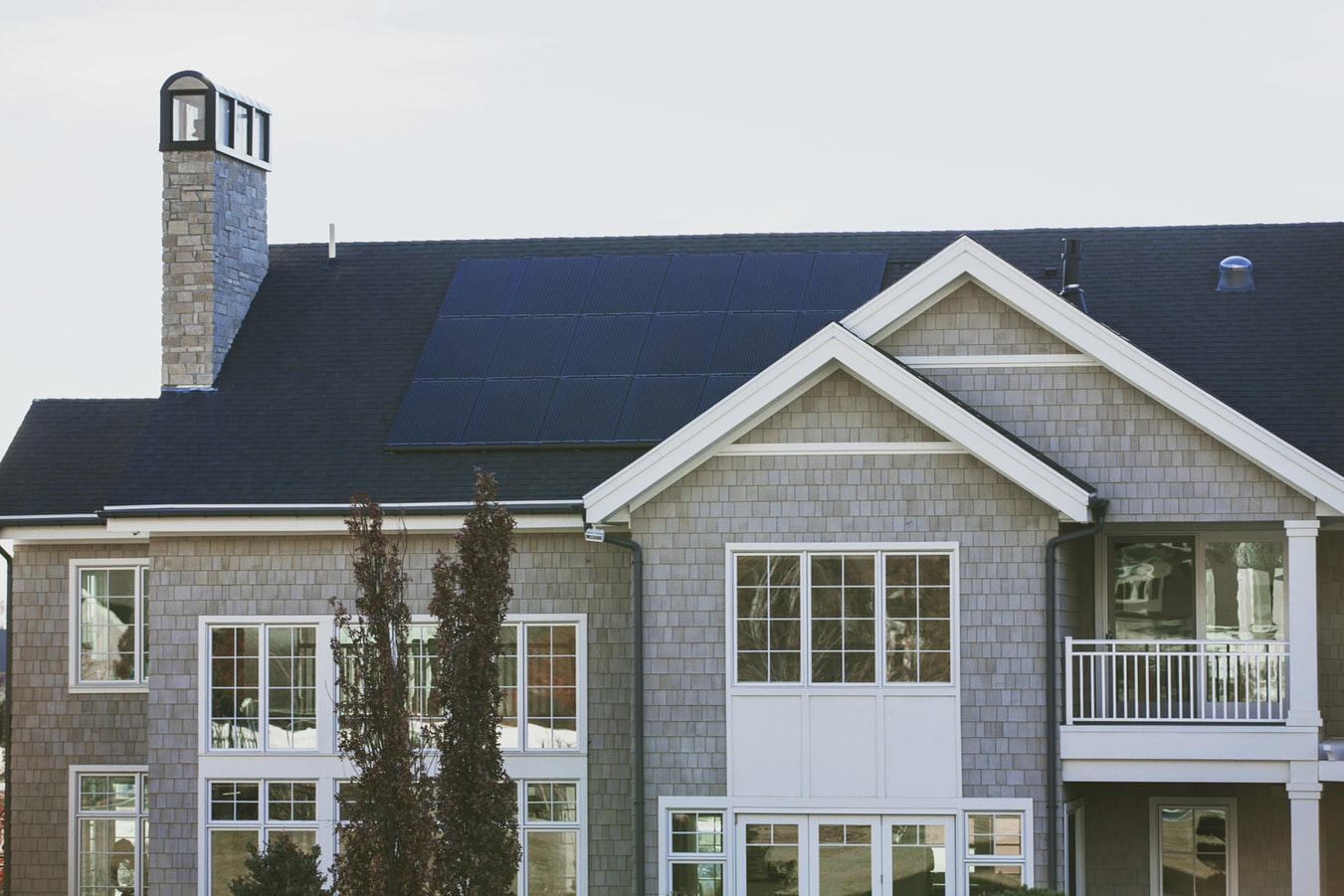Solar panels for your house can be a great option if you’re looking to save and help the environment in the long term. Solar panels help produce electricity from the sun, resulting in less reliance on fossil fuels. Using solar energy also helps reduce environmental pollutants, such as carbon, and may slash or even eliminate your monthly electric utility bill. Furthermore, when you produce more solar power energy than your home currently uses, the electricity flows back to the power grid, which earns you credits with the utility company.
Here are some helpful things to consider if you’re thinking about going solar.
How Do Solar Panels Work?
A solar panel works by allowing particles of light to knock electrons free from atoms, generating a flow of electricity. Solar panels are made up of many smaller units called photovoltaic cells. (Photovoltaic means they convert sunlight into electricity.) Many cells are linked together make up a solar panel.
To generate the maximum solar energy output, sunlight should hit your roof directly during peak hours and without obstruction by trees, buildings or other structures. The amount of power generated by the solar panels on a home will vary based on the type panels you install and how they are positioned.
Buy or Lease?
Homeowners can either buy or lease solar panels. If you choose to lease solar panels, you’ll likely have lower upfront costs and the leasing company typically covers the cost of maintenance and repairs. If you decide to buy your solar panels, you may qualify for a federal tax credit.
Some states and municipalities also offer financial incentives to homeowners who install solar panels. Check with your local government to learn whether any incentives / rebates are available in your area. A home with solar panels may add value to your home when the time comes to sell.
Solar has incredible potential
If we add the total amount of solar energy that is absorbed by the Earth’s atmosphere, we end up with approximately 3,850,000 EJ (exajoules or 10^18 joules).
This enormous amount of energy is equivalent to:
- 2.7 million earthquakes
- 40,000 times the total energy consumption in the US
- 8,000 times the total consumption in the whole world
Solar FACTS
- The Earth receives enough sunlight in 1 hour to power the world for 1 year
- A residential solar system can cut 100 tons of CO2
- Solar panels can boost home values
- The International Space Station (ISS) often use solar panels to generate power
- Solar panel costs have fallen 99% since 1977
- China is the world leader in solar energy
- Over 2 million solar systems have been installed in the U.S. alone
- Airplanes can fly around the world while running entirely on solar energy
- Solar energy can provide power 24 hours a day, 7 days a week!
Here are some links to learn more about solar energy
Solarize Philly – https://solarizephilly.org/
New Jersey Clean Energy Program – https://www.njcleanenergy.com/
Solar Energy Industries Association – https://www.seia.org/initiatives/about-solar-energy
Solar Energy – https://en.wikipedia.org/wiki/Solar_energy
Solar Energy International – https://www.solarenergy.org/
Solar panels for your house by Community Public Adjusters





